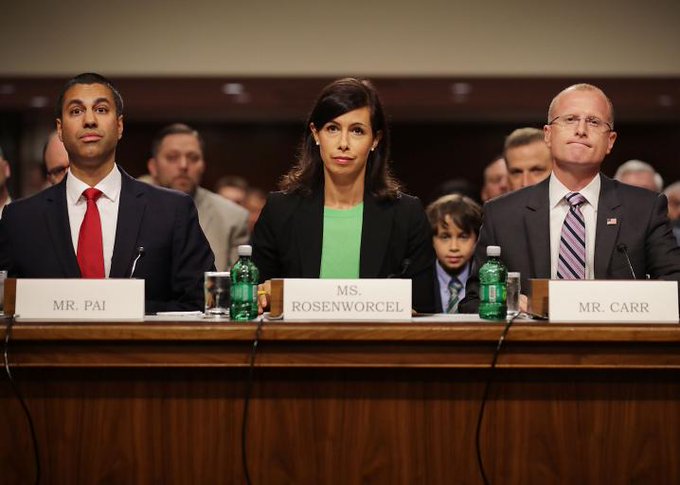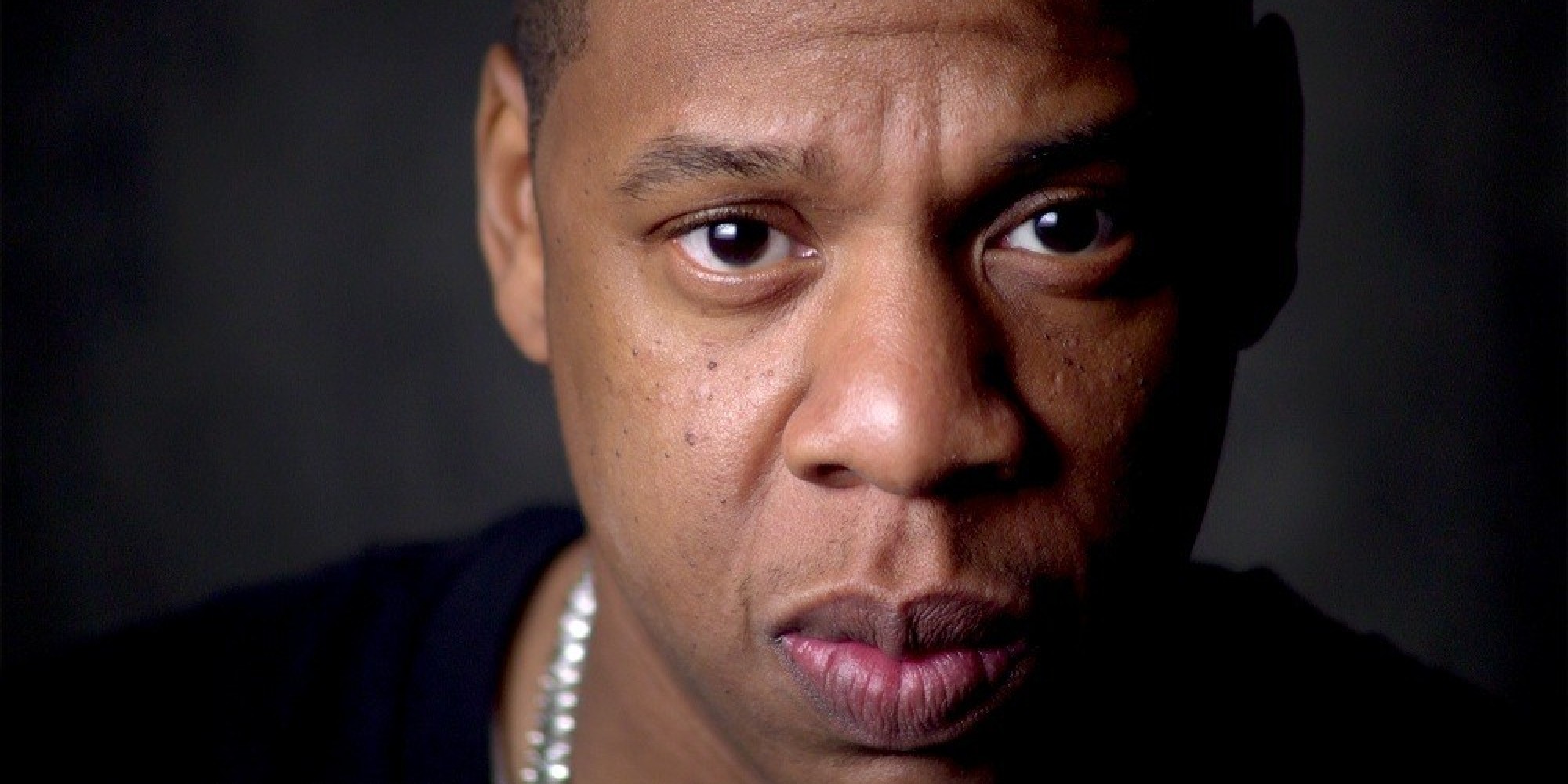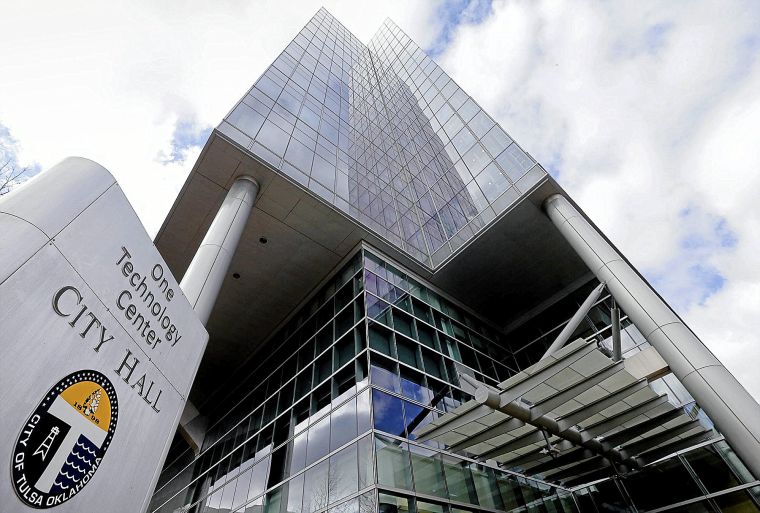
Opponents warn that this is a giant step toward yielding control of the internet to large corporations.
The digital divide is about to get wider after the Federal Communications Commission’s 3-2 political party line vote on Thursday to scale back the federal Lifeline program, which provides a subsidy to help poor people pay for broadband service, CNN Money reported.
SEE ALSO: Obama Announces Plan To Close The Technology “Homework Gap”
“Over 70 percent of wireless Lifeline consumers will be told they cannot use their preferred carrier and preferred plan, and on top of that, they may not have a carrier to turn to after that happens,” Democratic FCC commissioner Mignon Clyburn said, commenting on another FCC change that would eliminate small companies that provide internet services at affordable prices.
Trump’s FCC is about to drop the hammer on net neutrality: http://slate.me/2hO8lK4
Low-income families began benefiting in 1985 from the federal Lifeline program, which provides discounted phone service and later expanded to include internet service. Last year, while President Barack Obama was in office, the FCC added broadband to the subsidy program. Opponents of the subsidy reduction warn that Republican commissioners are laying the ground work for granting the industry more control over access to the internet. As an example, they point to an FCC proposal to stop companies called resellers from providing Lifeline support. Resellers are small companies that compete with the bigger providers but utilize the internet infrastructure that large providers like AT&T created.
READ MORE: How Net Neutrality Became The Latest Civil Rights Fight
Meanwhile, the FCC is expected to reveal a plan this week that would reverse Obama-era rules on net neutrality, which requires internet service providers to treat all online traffic equally, the Wall Street Journal reported. In May, the commissioners voted to rescind Obama’s net neutrality rules. Clyburn voted against the plan, warning that the FCC is yielding it oversight powers to the industry. There has been a long battle between lawmakers who side with corporations and those who want an even playing field for the flow of ideas and commerce.
SOURCE: CNN Money, Wall Street Journal
SEE ALSO:
How Black Millennials Are Breaking Down The Digital Divide
Are Free Data Plans The Key To Closing The Digital Divide?










